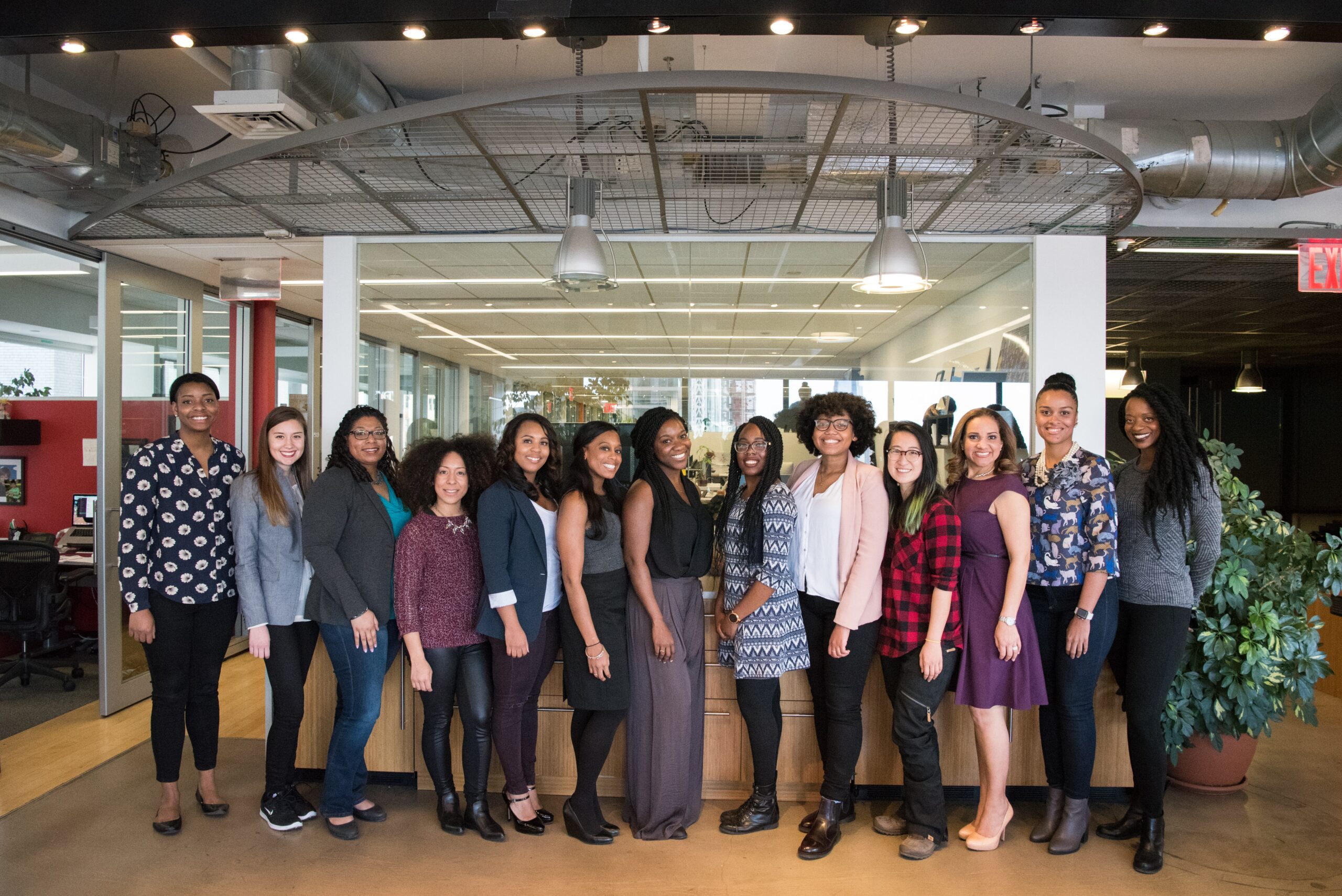By Rebecca Kim

Despite our nation’s growing diversity and the disproportionately higher rate at which #peopleofcolor (POC) experience adverse #mentalhealth outcomes and barriers to care, the #mentalhealth workforce is largely white. According to a report from the #AmericanPsychologicalAssociation, 86% of U.S. psychologists in 2015 were white, and in 2019, the Bureau of Labor Statistics found that close to 70% of U.S. #socialworkers and 88% of #mentalhealthcounselors were white.
If you’re a #personofcolor (POC), these statistics probably aren’t surprising. Trying to find a #therapist who shares your #racial or #ethnic background can feel like a game of Where’s Waldo — and in #mentalhealth, a field where white saviorism often runs unchecked, the consequences of this lack of diversity, including the inability to adequately support the unique cultural needs and experiences of POC, are often ignored.
Oftentimes, practitioners and policymakers question why it matters “who the help comes from” or they attribute POC’s low use of #mentalhealthservices to cultural #stigma. While plausible, this can be an incomplete way of thinking.
As a #mentalhealthcare worker and graduate #student in #socialwork, I’ve often wondered: What if the barriers to care that underserved groups experience is due to a lack of providers who POC can identify with and trust?
My Personal And Professional Experience
I didn’t truly understand the importance of having a #counselor or #therapist I could identify with until I sought help myself. The handful of #AsianAmerican #therapists in my city already had waitlists. So, instead of talking with someone who understood my cultural nuances or the daily experience of navigating a white-dominated society as an #Asian #woman, I often carried the burden of educating white #therapists about my identity. For example, I found myself tasked with explaining why a “normal” experience for a white person might be #anxiety-inducing for me.
Similarly, when I worked as a psychiatric #nurse, my most vulnerable #patients rarely encountered #mentalhealthprofessionals from their own #communitiesofcolor or from similar cultural backgrounds — in addition to facing numerous other barriers in accessing care. Again, I witnessed the personal ramifications of this deficiency; my own mother lived in an area with a historically large immigrant population, yet she was unable to find a #counselor or #therapist who spoke her language when she was depressed.
#JamesDonaldson notes:
Welcome to the “next chapter” of my life… being a voice and an advocate for #mentalhealthawarenessandsuicideprevention, especially pertaining to our younger generation of students and student-athletes.
Getting men to speak up and reach out for help and assistance is one of my passions. Us men need to not suffer in silence or drown our sorrows in alcohol, hang out at bars and strip joints, or get involved with drug use.
Having gone through a recent bout of #depression and #suicidalthoughts myself, I realize now, that I can make a huge difference in the lives of so many by sharing my story, and by sharing various resources I come across as I work in this space. #http://bit.ly/JamesMentalHealthArticle
Order your copy of James Donaldson’s latest book,
Celebrating Your Gift of Life:
From The Verge of Suicide to a Life of Purpose and Joy


A National Problem
These issues are part of a larger problem in our country regarding the lamentable shortage of POC #mentalhealthprofessionals to match our increasingly diverse population.
As of 2019, about 40% of the U.S. population identified with a #racial or #ethnic group other than white, and estimates from the #U.S.CensusBureau suggest that the results of the 2020 census will indicate a record decline in our nation’s white population over the past decade. As the data shows, POCs already comprise a significant portion of our country’s population, and numbers are only projected to grow.
Making Changes
More recently, #mentalhealthissues have gained national recognition, but we need to take action to create impactful change for this demographic.
It’s true that more POCs are entering the #mentalhealth field than before, but we need greater numbers — in both urban and #ruralcommunities — to more accurately reflect the demographics of our country. To challenge this shortage, federal policy initiatives should actively recruit #studentsofcolor to the #mentalhealth workforce, and grants provided at city or state levels could help expand #mentalhealthcare services to local #communitiesofcolor.
Special focus should be taken to create job opportunities and recruit #students from communities that have the greatest need for a representative #mentalhealth workforce. Federal funds can support students’ professional education through scholarships and the forgiveness of loans — and grants to #schools, organizations, and/or agencies can support the creation of jobs and programs that promote students’ personal, academic and professional well-being. Grants may also be used to train diverse peer specialists — or individuals who have experienced #mentalhealthchallenges themselves and provide support to those in need — from within local #communitiesofcolor.
Research shows that use of #ethnic matching (pairing a client with a #therapist based on #race/#ethnicity alone) is not always effective, and understandably so. This technique by itself is reductive and equivalent to saying a white client can connect with any white #therapist.
POC #mentalhealthprofessionals should be available to the extent that people of all backgrounds have the option to select #therapists or work with professionals they feel best match their needs. By investing in a more representative #mentalhealth workforce, #peopleofcolor can partake in more choices for their practitioners, and #mentalhealthcare can hopefully become more accessible and equitable.
Rebecca Kim is a graduate student in social work at the University of Texas at Austin with a background in psychiatric nursing. She is passionate about serving and raising awareness on the #mentalhealth needs of #minoritycommunities.




